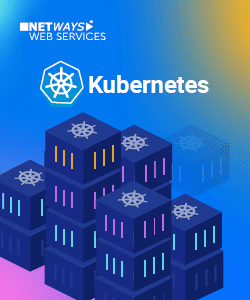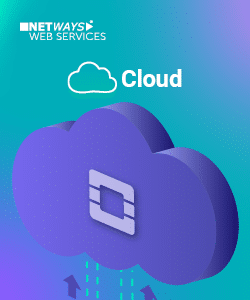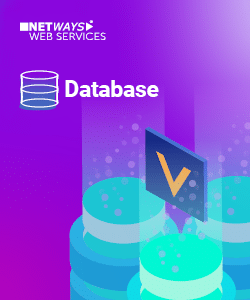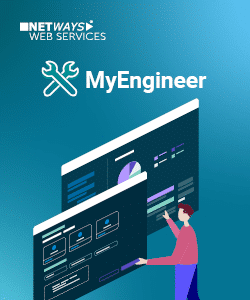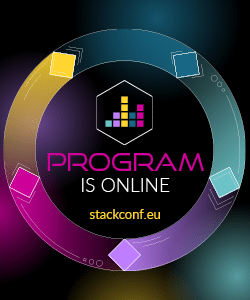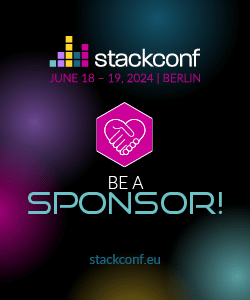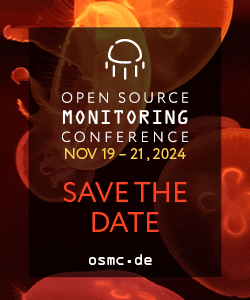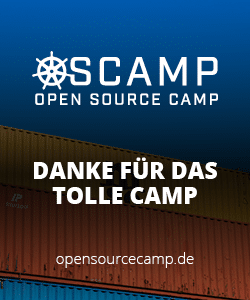Puppet Camp started for Lennart, me and an audience of 66 persons yesterday with an introduction to puppet. I tried to cover different topics starting with the different components to hopefully helpful tips in designing infrastructure, workflow and modules while Lennart added a practical demo.
For the rest of the attendees puppet camp started with a warm welcome from Bernd and our partner puppetlabs who also provided the keynote. Andy Parker started with a quick poll and some nice giveaways before giving an insight look in puppetlabs philosophy and ecosystem around puppet.
Ger Apeldoorn talked about creating a puppet infrastructure instead of implementing a specific component. Like always I found some homework for me to do, this time having a deeper look on the hiera backend eyaml which adds encryption, the git extension gitflow and r10k, a deployment tool for puppet modules.
In his talk „Module (Re)writing the smart way“ Martin Alfke encouraged people to write and publish modules as a community also mentioned some important things to consider. He also gave good advise on how to find good modules provided by the community.
After Lunch Jos Boumans gave his talk about metrics and how these help to improve your it infrastructure. And he knows what he is talking about because his company is making a good revenue with providing metrics. These metrics are created using collectd, statsd and graphite with many many modules pushing their data to this solution. One of those is puppet which is also used to configure everything.
The pitfalls and antipattern shown by Felix Frank were quit nice and it is always helpful to learn from others mistakes instead of doing it wrong by your own.
Never had a deeper look into OpenBSD but it was quite interesting what challenges the OpenBSD community represented by Jasper Lievisse Adriaanse had to master to get puppet running on all the supported platforms.
Craig Dunn provided advise to mitigate the pitfalls we heard about earlier and additional patterns helping to improve your puppet code. I also encourage everybody to use the roles and profiles pattern perhaps many advanced users will notice that they are doing it this way anyway.
After many high level talks for the experienced users Steven Thwaites did a demo covering puppet and puppet enterprise which was quite nice especially for beginners.
Jordan Sissel gave a great talk on fpm and pleaserun, some nice tools to simplify and abstract packaging and running services. I like it, but I also have to disagree in some points. Mainly seeing myself as an administrator I prefer guidelines like those provided by fedora, file system hierarchy standard and manual work to get better supportable packages. But I fully agree on the usefulness also of the ELK stack (elastic search – logstash – kibana) he additionally talked about.
It was an awesome conference especially for networking with other puppet users. So I am looking forward to October 16th when the next puppet camp will take place in Dusseldorf. So save the day!
P.S.: I want to congratulate those passed the puppet certified professional exam that took place next to the conference.







